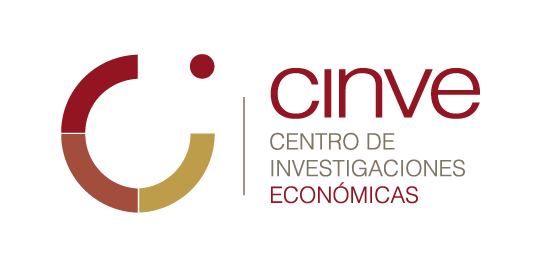So far the literature on robust monetary policy has used, without exception, very simplified economic models, and with only one exception, assuming closed economy.
This paper evaluates topics that are in the research agenda in a more complete and complex set of (open economy) economic models applying the Hansen-Sargent robust control approach. In particular, we are interested in answering the following questions: is the optimal robust monetary policy more aggressive than the standard optimal rational expectation (RE) monetary policy? Are the variances of output and inflation magnified under optimal robust monetary policy? And, more generally, does the introduction of optimal robust monetary policy alter some general conclusions that are established based on the standard RE optimal monetary policy?
In the context of our reference model, we found that the answer to the first two questions is: not necessarily; and to the third one is yes. The answer to the first two questions contradict some previous findings and suggests an obvious conclusion: we cannot generalize conclusions about robust monetary policy using particular models, or in other words, most of the conclusions arrived in this paper as well as in many others (that pretend to be general) are model specific.
Keywords: Hansen-Sargent robust control approach, monetary policy, small open economy, simulation.
JEL classification codes: F41, E52, C61.
